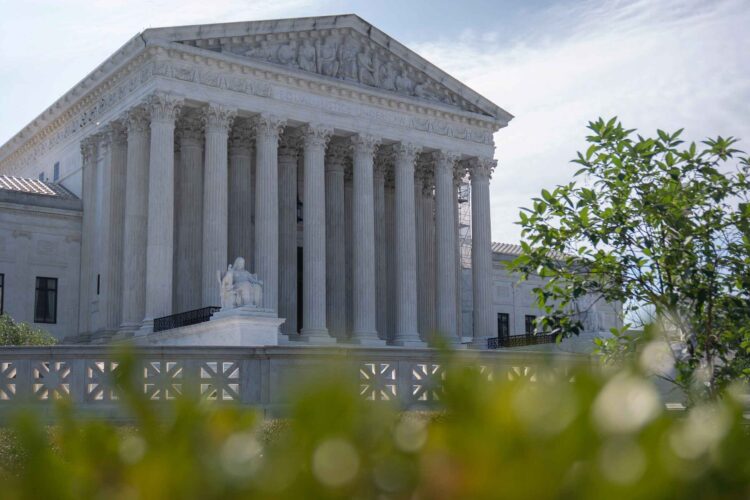On Friday, the Supreme Court overturned the 1984 “Chevron doctrine,” which granted expansive regulatory power to federal bureaucracies, often referred to as the “deep state.”
In a 6-3 vote, the ruling in the case of Chevron v. National Resource Defense Council was overturned, which had allowed federal bureaucracies legal authority to interpret their own rules outside of issues directly addressed by Congress. Chief Justice John Roberts, writing the majority opinion, called the original ruling “fundamentally misguided.” In her dissent, Justice Elena Kagan argued for the expanded role of bureaucrats, stating that Congress knows statutes will contain ambiguities requiring resolution and that bureaucrats possess the specialized expertise necessary to regulate commercial activity.
With this overruling, courts will now interpret regulatory legislation. The Chevron case has been highly influential, cited in at least 80,000 cases available on Westlaw. The doctrine had allowed federal agencies to interpret congressional legislation, thereby giving them significant control over their ability to regulate US businesses. Now, this responsibility shifts to the courts.
Learn the benefits of becoming a Valuetainment Member and subscribe today!
Christina Pazzanese, writing in The Harvard Gazette, noted that recent critics argued the principle violated Article III of the Constitution, which assigns the interpretation of law to the federal courts.
The case arrived at the Supreme Court as a focal point of two cases: Relentless v. Department of Commerce and Loper Bright Enterprises v. Raimondo. Both involved businesses challenging a federal regulation that required fishing boats to pay for federal agency personnel to monitor their activity.
The term “deep state” has been used by Donald Trump and others to refer to the extensive network of unelected bureaucrats holding significant political power. Since the creation of many executive branch agencies under President Franklin D. Roosevelt in 1936, the number of new federal regulations has increased significantly each year.
Advocates for regulations claim they help to curtail business activities that negatively affect the general public. Critics, however, argue that they pose major roadblocks to commercial activity, negatively impacting the economy and job creation.
PBD Recap: Why Does The Deep State Hate The Trump & Kennedy Families?


















Add comment